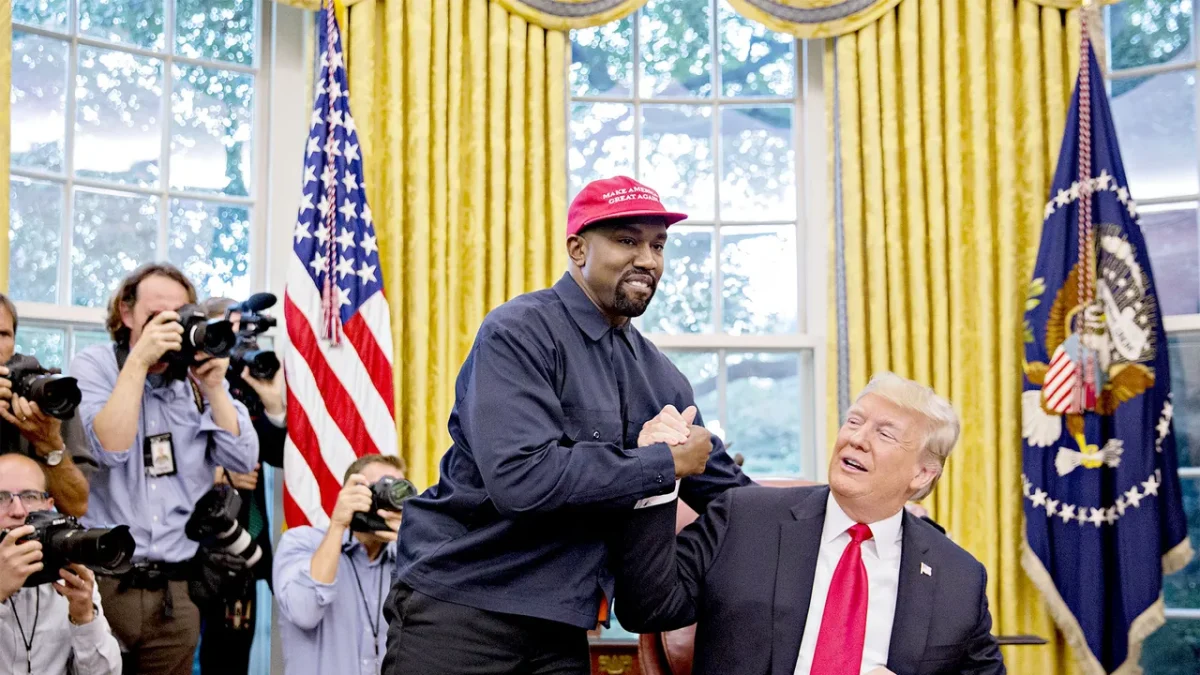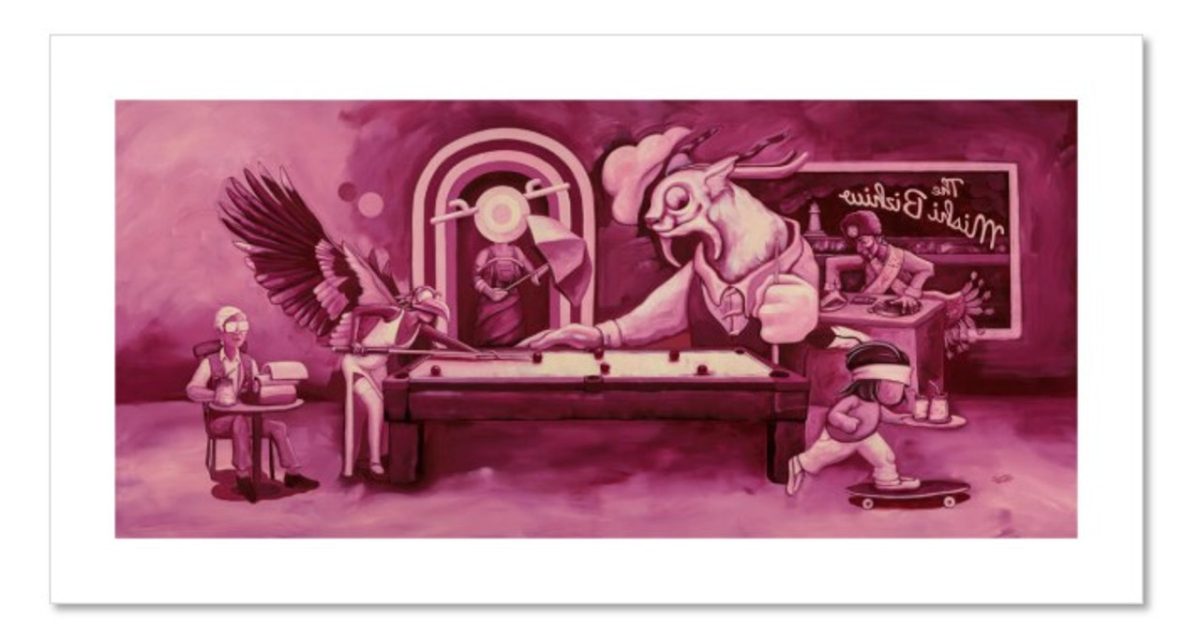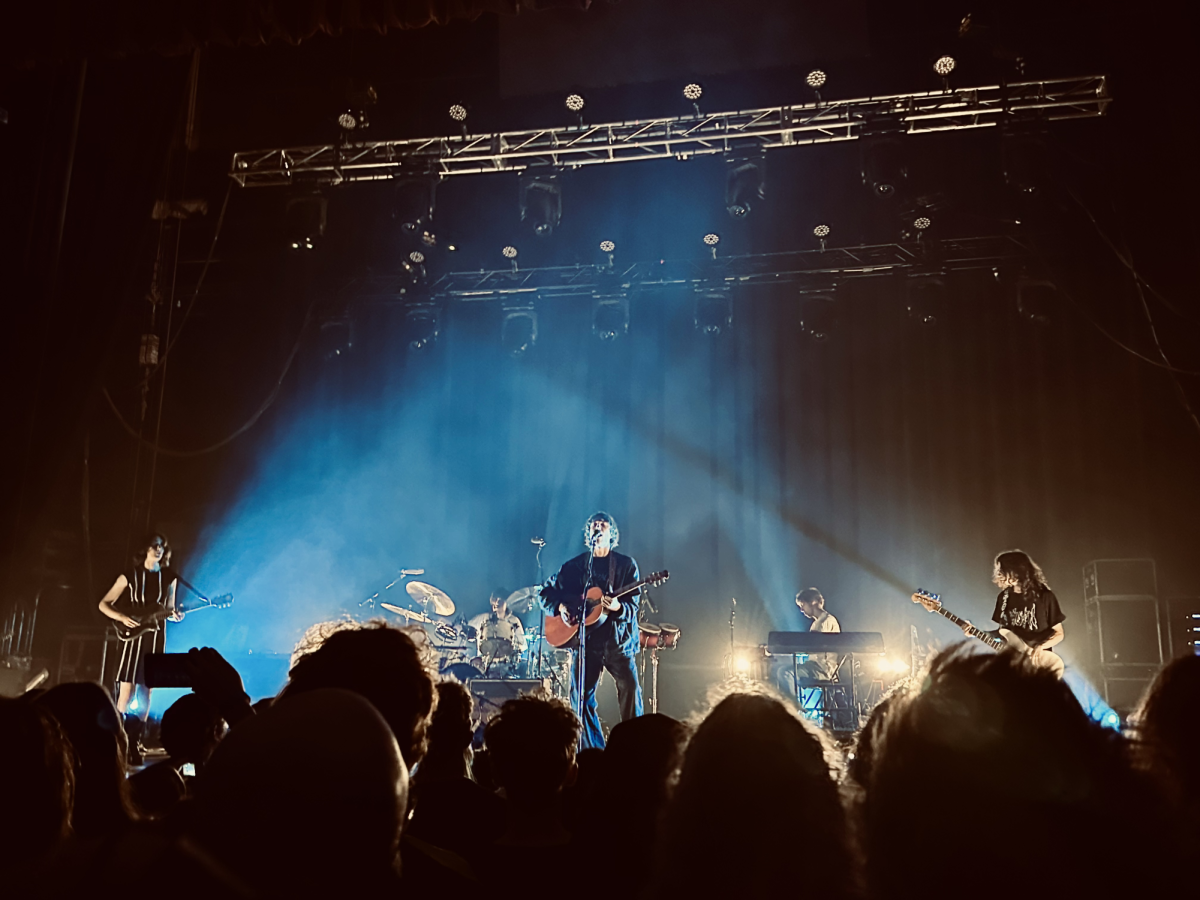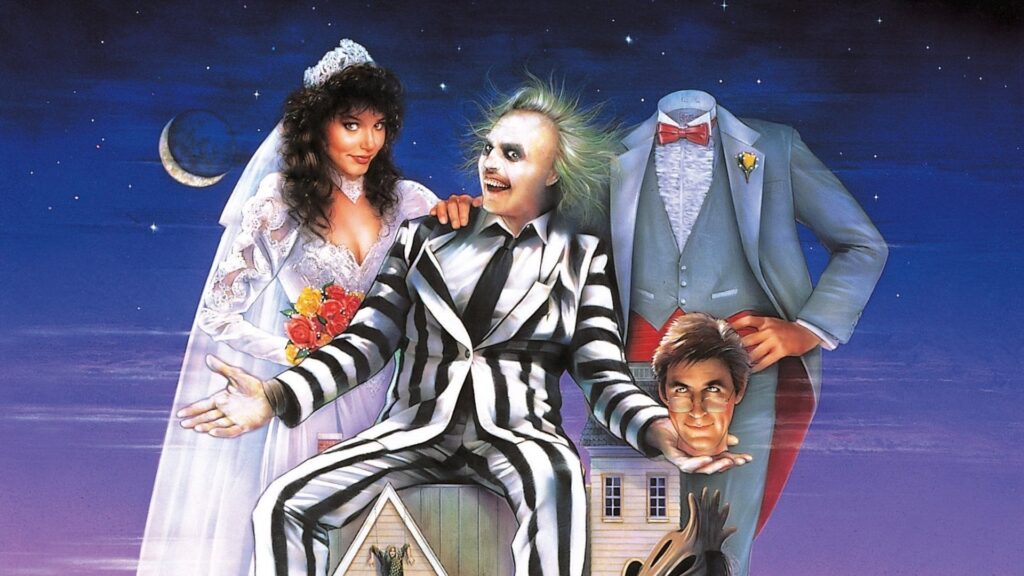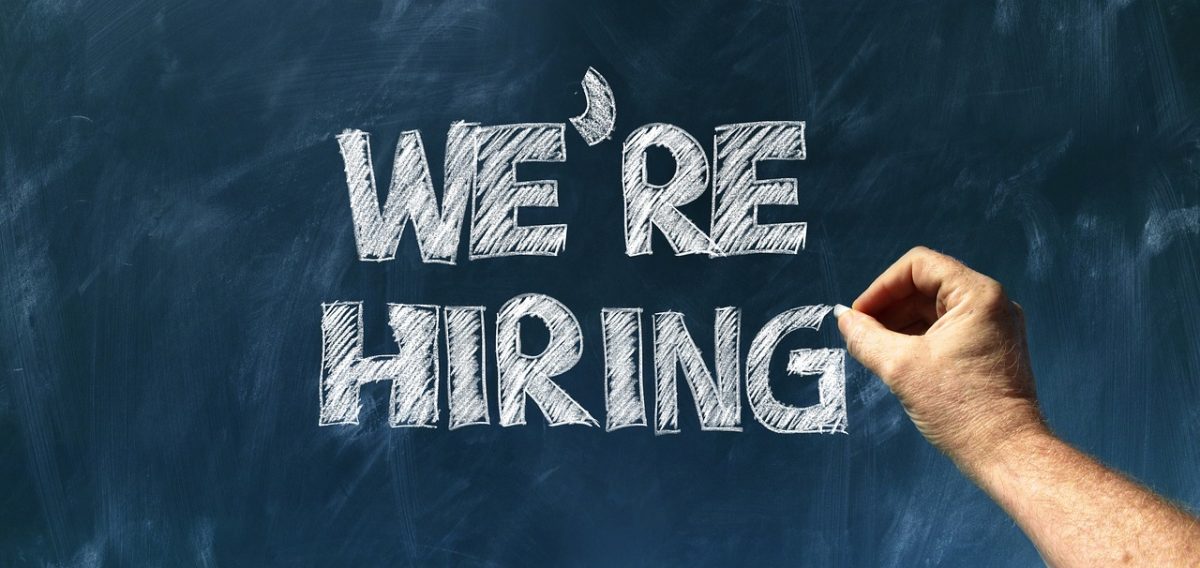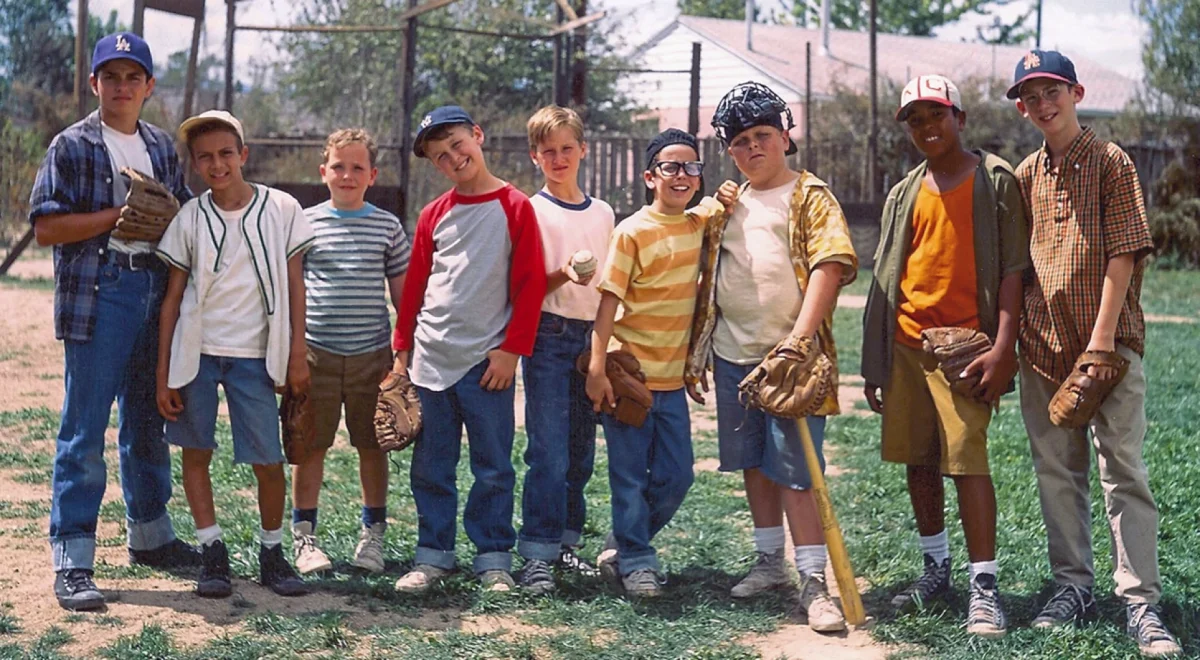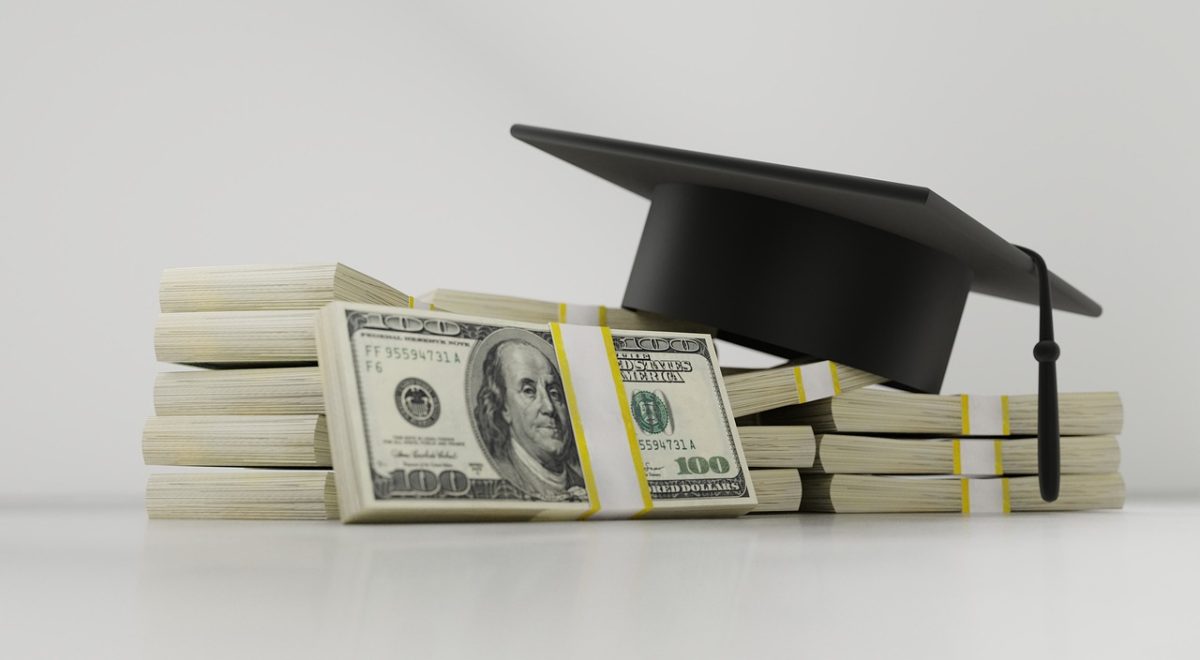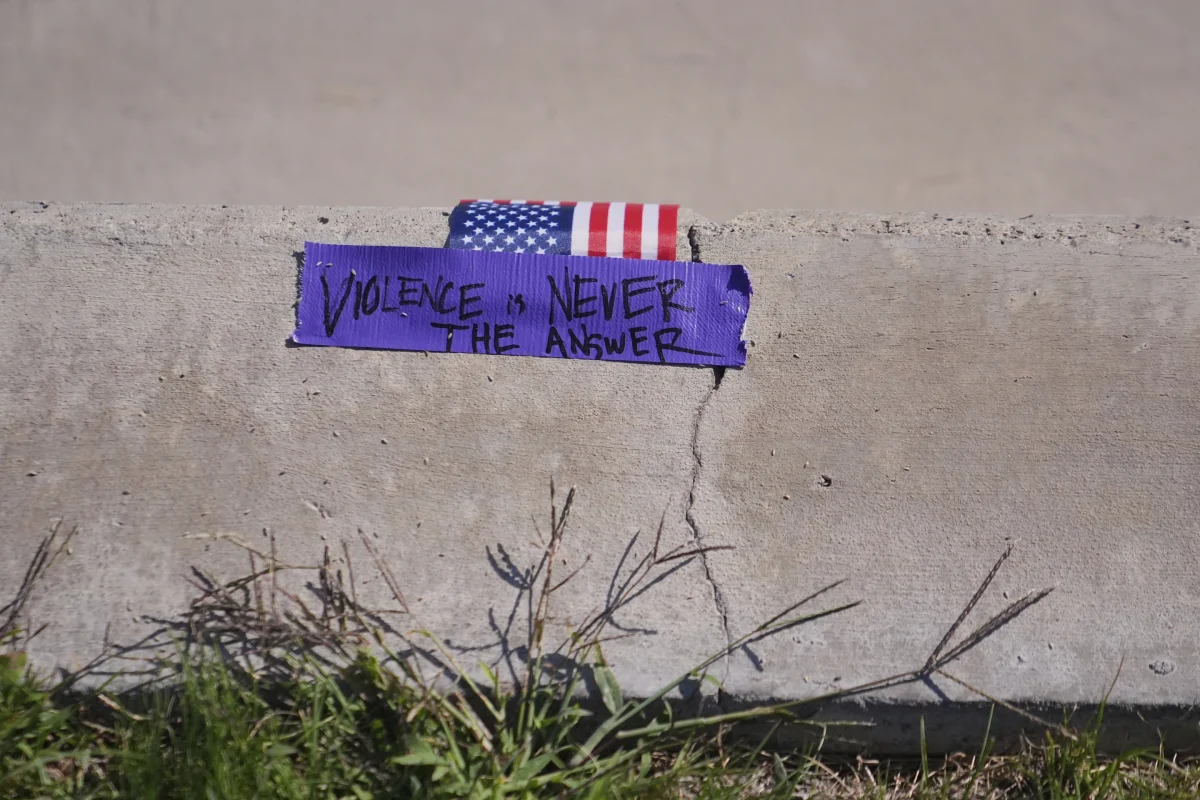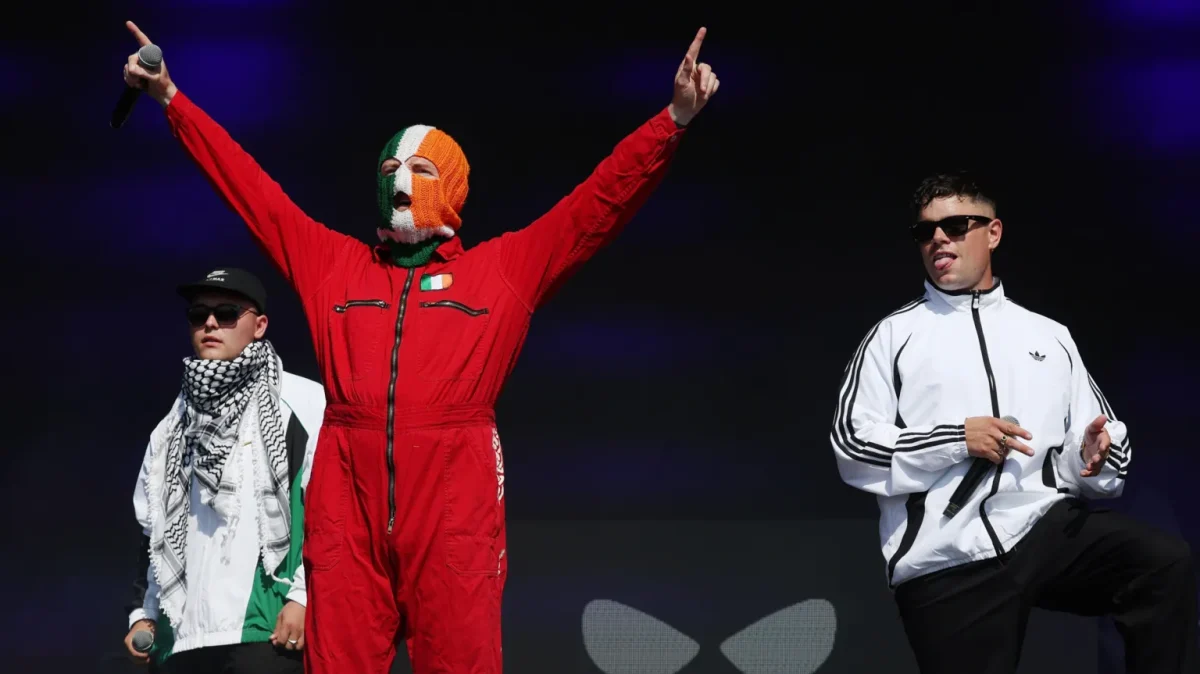It is the second week of November, meaning election season is finally over. Donald Trump was elected as the 47th president of the United States, Republicans also made gains in the House and the Senate.
Along with controlling Congress and the presidency, there is currently a 6-3 conservative majority in the Supreme Court. The red wave that Republicans have been fantasizing about for six years has finally come to fruition.
The country has made its choice, yet we seem to be more politically polarized than ever. The question I am asking — as someone who is interested in contemporary art — is what do current artists have to say about this and previous elections in the “Trump-era” (2015-present).
The rise of right-wing hip-hop
Hip-hop has been historically left-leaning, being born out of Reagan-era urban discrimination. Albums such as Public Enemy’s “Fear of a Black Planet” and Kendrick Lamar’s 2015 magnum opus “To Pimp a Butterfly,” signify a historically socially conscious class of listeners. However, the late 2010s and early 2020s have brought forth new perspectives to political hip-hop.
Artists such as Dax, Tom MacDonald and even hip-hop mainstays such as Ye (formally known as Kanye West) have converted over to the political right. Some — such as MacDonald — exclusively make content pandering towards right-leaning views.
“Pro-choice, pronouns, pro-love, you’re progressives/But you ain’t pro-gun, no one to protect it/Where the American flags at?/Remember when people would hang those?/They’ve been taken down, they all been replaced with BLM flags or a rainbow,” MacDonald raps on the 2023 track, “Facts.”
These artists are incredibly popular in their circles as well. MacDonald in particular has amassed almost 1.8 million monthly listeners on Spotify along with 4.85 million subscribers on YouTube. Collaborations among these artists are frequent, expanding their circle of influence even more. They rap about topics relevant to their base, such as transgender issues, immigration, racial politics, etc.
Resistance in pop music
Chappell Roan has been everywhere this year; her music is passionately queer and inherently revolutionary. In a time where anti-queer policies are on the horizon — and have already arrived in certain states — Roan is a beacon of light in a sea of uncertainty.
“So, let’s say it’s working out/You pretend to love his mother/Lying to your friends about/How he’s such a goddamn good lover/Stuck in the suburbs, you’re folding his laundry/Got what you wanted, so stop feeling sorry,” Roan sings on “Femininomenon.”
Roan got into some controversies during the election season, not directly supporting the Harris campaign because of their stance and complacency in the aid of Israel in the war in Gaza. Roan has also directly attacked the Biden administration on-stage in New York.
“We want liberty, justice and freedom for all. When you do that, that’s when I’ll come … That means freedom in trans rights, that means freedom in women’s rights, and … it especially means freedom for all oppressed people in occupied territories,” Roan said in June.
Modern punk and intersectionality
Punk has always been seen as revolutionary, however, it is now synonymous with anti-imperialism, anti-racism, anti-bigotry and protesting against injustice.
Bands like IDLES and Soul Glo — two of the most revered punk bands of the 2020s — take a more noise-driven approach to their sonics. However, both of these band’s lyrics tackle oppression in many forms.
The IDLES track, “Grounds” — recorded in 2020 — helps bridge the gap between queer and afro-centric revolutionary action.
“There’s nothing brave and nothing useful/You scrawlin’ your aggro sh*t on the walls of the cubicle/Sayin’ my race and class ain’t suitable/So I raise my pink fist and say black is beautiful,” lead singer Joe Talbot sings on “Grounds.”
Inversely, Soul Glo is a black-led band who also tackles intersectional, revolutionary politics on their track, “Gold Chain Punk (whogonbeatmya**?).”
“The angry n*gga at my core is many things, but not forgetful/He say, ‘The jewels retooled you to make more fools than schools do/Of course you out here now wishing you could do better/You know that you’ve sewn the thread of all you’ve regretted/You know no one calling after ties have been severed.’/¡Y no lo puedo p*to creer!” lead singer Pierce Jordan screams.



